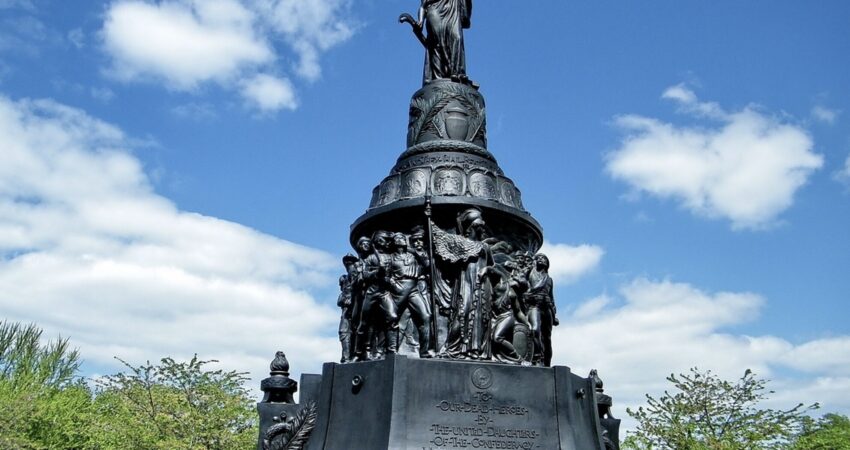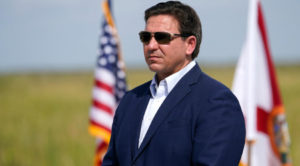Mayor Nikuyah Walker’s statement regarding the removal of the Stonewall Jackson and Gen. Robert E. Lee statues reflects a broader push by some to grapple with the historical complexities and remnants of slavery in America. While some view these removals as a step toward addressing the nation’s past sins, Republican lawmakers have sought to preserve certain Confederate monuments, including the Reconciliation Monument at Arlington National Cemetery.
Efforts by GOP lawmakers to retain the Confederate statue in Arlington National Cemetery, scheduled for removal, have been met with resistance. This monument is among several targeted for removal in response to the Black Lives Matter protests of 2020, aiming to eliminate symbols honoring the Confederacy from military installations and public spaces.
The impending removal of the Confederate Statue, known as the Reconciliation Monument, from Arlington National Cemetery aligns with a Congressional mandate demanding the eradication of Confederate memorials by January 1, 2024. This mandate, passed in 2020, directs the Department of Defense to eliminate all Confederate-related names, symbols, displays, and monuments.
Preparations for the removal include safety fencing around the Confederate Memorial, ensuring the protection of surrounding landscapes, graves, and headstones during the deconstruction process. Despite opposition, the impending removal has sparked disagreement among Republican representatives, such as Rep. Andrew Clyde, who argue that the monument represents American unity post-Civil War rather than a homage to the Confederacy.
Clyde, along with 43 House Republicans, emphasized the monument’s symbolism of reconciliation and national unity rather than its association with the Confederacy in a letter to Secretary Austin. They expressed concerns over the overreach of the Naming Commission’s authority in recommending the memorial’s removal, contending that it does not honor or commemorate the Confederacy.
Additionally, Governor Glenn Youngkin expressed disagreement with the Biden administration’s decision to remove the statue and the grave of Moses Ezekiel, the sculptor of the memorial. Youngkin advocated for maintaining Ezekiel’s grave and memorial at Arlington National Cemetery while expressing disappointment with the decision, proposing the Newmarket battlefield state park as an alternate location to preserve Ezekiel’s legacy.
The tension between efforts to preserve historical monuments and the movement to confront the nation’s past illustrates the ongoing debate regarding the significance and legacy of Confederate symbols, reflecting a broader ideological divide between preservation and historical reckoning.





